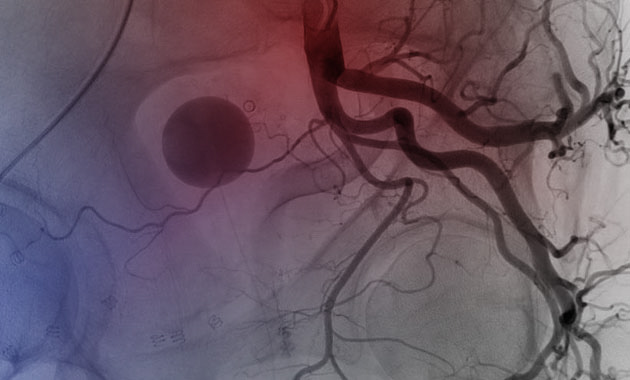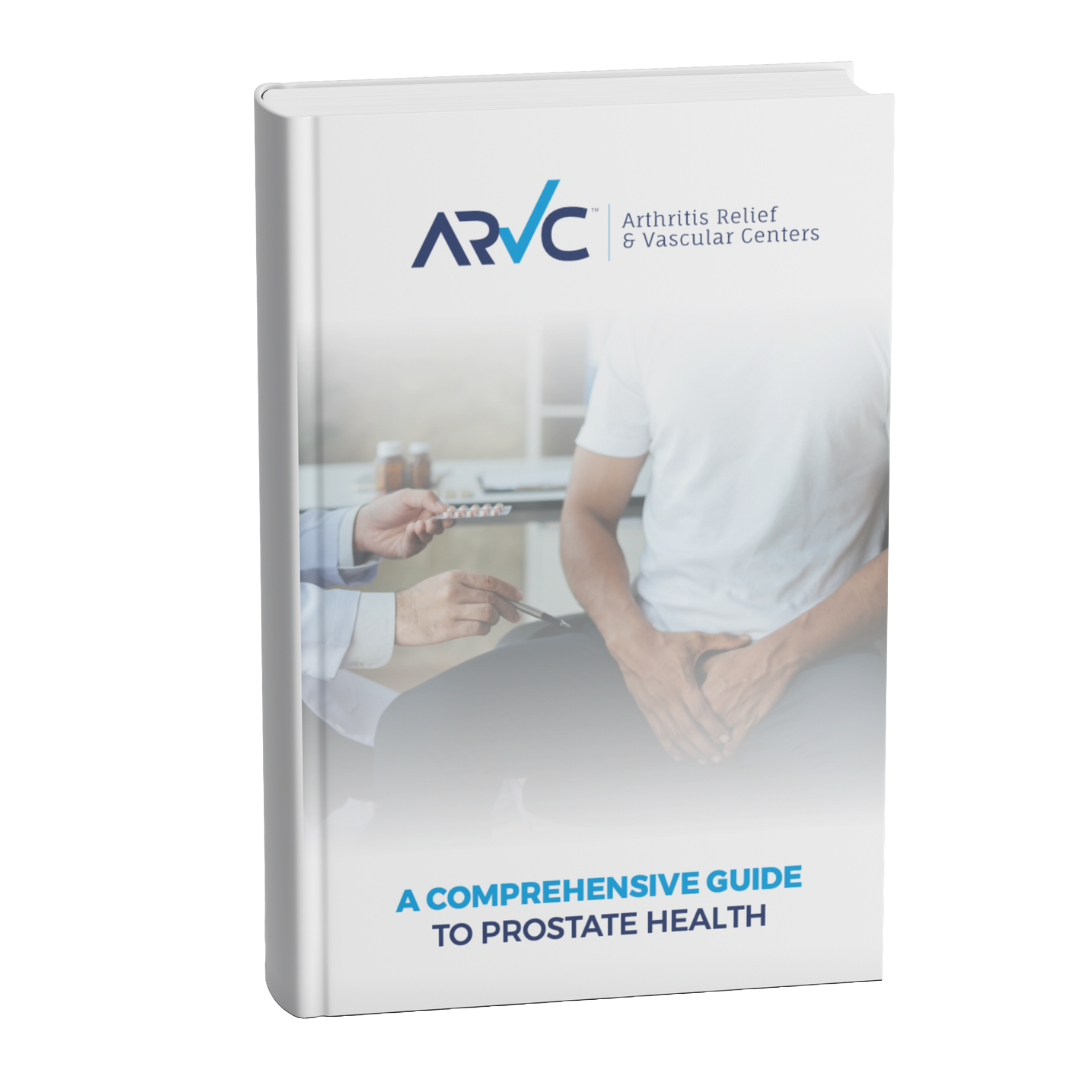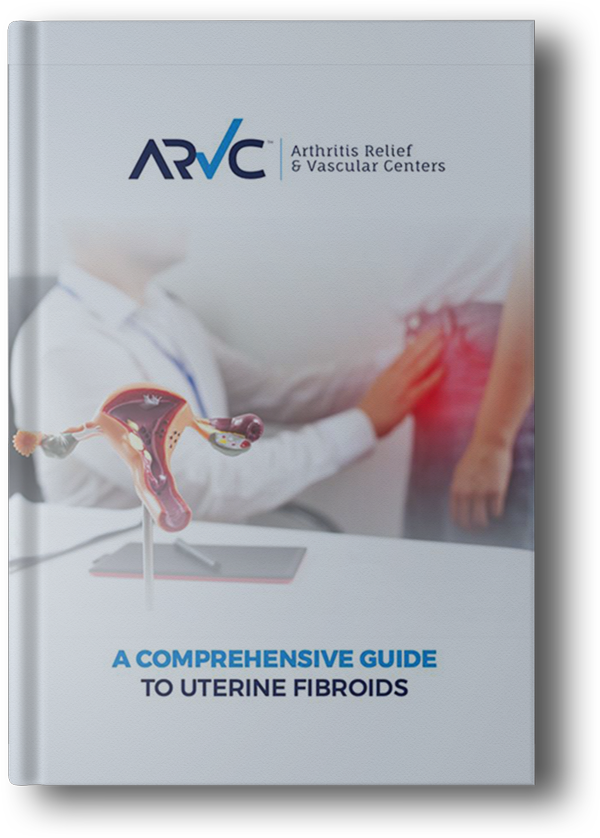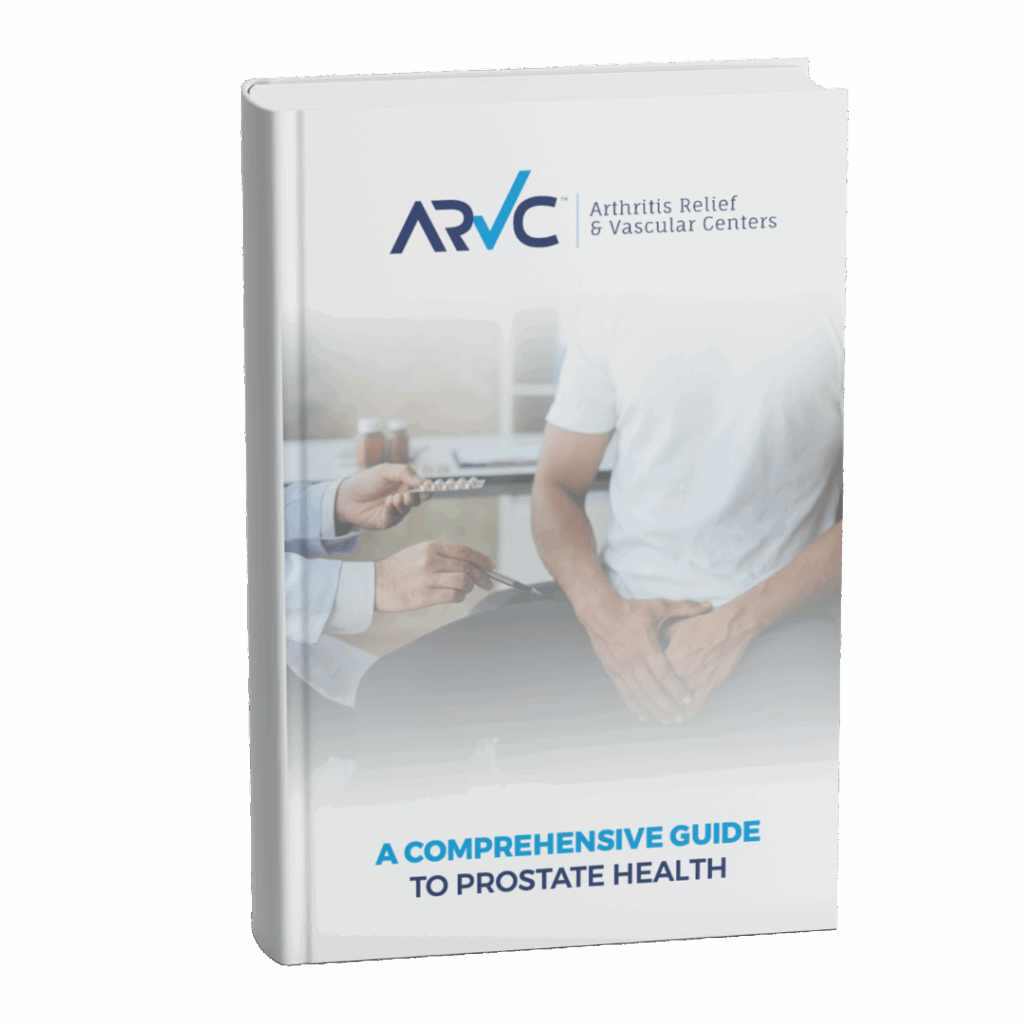Prostate Artery Embolization (PAE) at ARV Centers: A Minimally Invasive Solution for BPH
At ARV Centers, we understand that dealing with the symptoms of Benign Prostatic Hyperplasia (BPH) can significantly impact your quality of life. If you're seeking an effective treatment that offers faster recovery and fewer complications compared to traditional surgery, Prostate Artery Embolization (PAE) could be the answer.
What is PAE?
PAE is an FDA-Approved, minimally invasive procedure performed by our skilled team of Vascular & Interventional Radiologists. It involves restricting the blood flow to the enlarged prostate, causing it to shrink and improving your symptoms.


How PAE Works
- A thin catheter is inserted through a small puncture in your groin.
- Using advanced imaging technology, the catheter is guided to the prostate arteries under digital X-Ray image guidance.
- Tiny particles made of gelatin are injected through the catheter to reduce blood flow to the prostate.
- The reduced blood supply causes the prostate to shrink, relieving urinary symptoms.
Prostatic Artery Embolization (PAE) Patient Video
What to Expect Before the Procedure
- Consultation & Evaluation: You’ll have a thorough consultation with an interventional radiologist to discuss your medical history, symptoms, and treatment goals. You may undergo imaging tests like an MRI or ultrasound to assess the size and location of fibroids or adenomyosis.
- Preparation: You’ll receive instructions on fasting and medication adjustments.

FEATURED RESOURCE - FREE E-BOOK
A Comprehensive Guide To Prostate Health


Procedure Day
- Procedure: PAE is performed in an in-office procedure suite under conscious sedation and local anesthesia and typically takes 1-2 hours.
- Monitoring: You’ll be closely monitored throughout the procedure to ensure your safety and comfort.
- Recovery: Patients go home the same day and experience minimal discomfort.
- Results: You can expect to see significant improvement in your urinary symptoms within a few weeks.
- Follow-up: You’ll have a follow-up appointment with your doctor to monitor your progress and recovery.
Advantages of PAE over Traditional TURP (Transurethral Resection of the Prostate)
The PAE procedure involves a tiny nick in the skin of the groin compared to accessing the prostate from the urethral opening of the penis, which can lead to scarring and discomfort. This results in less risk for complications.
- PAE is performed in office and patients go home the same day, while TURP often requires an overnight hospital stay.
Recovery Comparison
PAE
Most patients experience mild discomfort and can resume normal activities within a few days.
TURP
Recovery from TURP can take several weeks and may involve a catheter for a period of time.
Choose PAE at ARV Centers
If you’re ready to experience relief from BPH symptoms without the risks and downtime of traditional surgery, schedule a consultation today to learn more about PAE.


